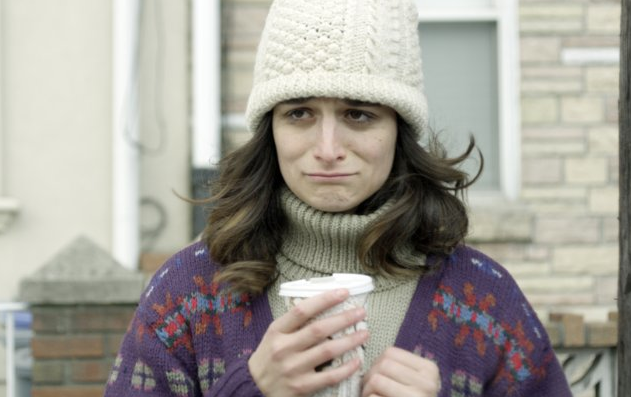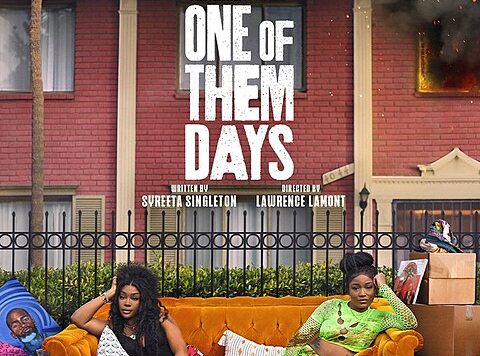SXSW Film: ‘Obvious Child’
One of the most memorable moments from “Obvious Child” is a classic post-breakup meltdown scene. As a comedy, a scene like this could easily run the risk of being either too ridiculous and disconnected or awkwardly dramatic and out of place in the film. But in this movie from writer-director Gillian Robespierre, the emotional chaos is flawless: it is at once hilarious and heartbreaking, completely mundane and completely weird, relatable yet a little bit disgusting.
That scene is the whole film in a nutshell. Robespierre’s movie does a surprisingly deft job walking on fine lines like these. The result is neither airy nor heavy-handed, and the comedic writing is the sort that sticks with you for days.
What Robespierre does with “Obvious Child” is impressive on two levels: for one, it is a comedy about comedy. Jenny Slate plays Donna Stern, a character quite similar to Slate in that she is a young New York comedian with a similar sense of humor. In all of the film’s standup sequences, then, Slate is performing comedy as Donna Stern, not as herself. In a question and answer session following the premiere, Slate said it was this aspect of the movie that proved the most challenging. Her and Robespierre’s combined talents, though, made these standup comedy sequences seem effortless, natural, and proved to be some of the most hilarious parts of the film.
The other element that makes “Obvious Child” more than just a precious white girl kind-of-coming-of-age flick is part of its subject matter: abortion. That being said, this is far from a movie about abortion–the film’s message, and most of its laughs, do not really have anything to do with the main character getting an abortion. Donna’s internal conflict and journey is not really just about this choice. The abortion is just something that happens in the course of the story, and while given appropriate weight in the plot, it is far from a political driving force of the movie.
On Slate’s part, “Obvious Child” marks a major achievement in being able to anchor a feature-length movie as its protagonist, and not some bizarre bit character (like her recent recurring role on “Parks and Recreation” as the absurdly annoying Mona-Lisa). Given her past in Saturday Night Live and shorts such as the charming yet unsettling “Marcel the Shell With Shoes On,” it might not seem like Slate could be capable of playing a relatable, vulnerable, fully-realized main character. But with Robespierre’s script and Slate’s own performance, she seems to have proven herself and hopefully launched an acting career that will allow her to fill more roles like this.
There are plenty of other goodies here too, from an awesome soundtrack to some creepy puppets to an entire standup segment about panties. Jake Lacy (previously on “The Office” as Pete “Plop” Miller), delivers an unexpectedly sensitive and complex performance, and Slate’s comedian friend Gabe Liedman plays a slightly-more-realistic-than-normal version of the “gay best friend” trope.
“Obvious Child” is a movie about comedy, love, expectations and–as cliché as it sounds–growing up. It might not be for the easily offended (Slate’s topics include anything from female anatomy to bodily functions to “looking like Anne Frank”), but some parts might honestly make you laugh until you have trouble breathing.











